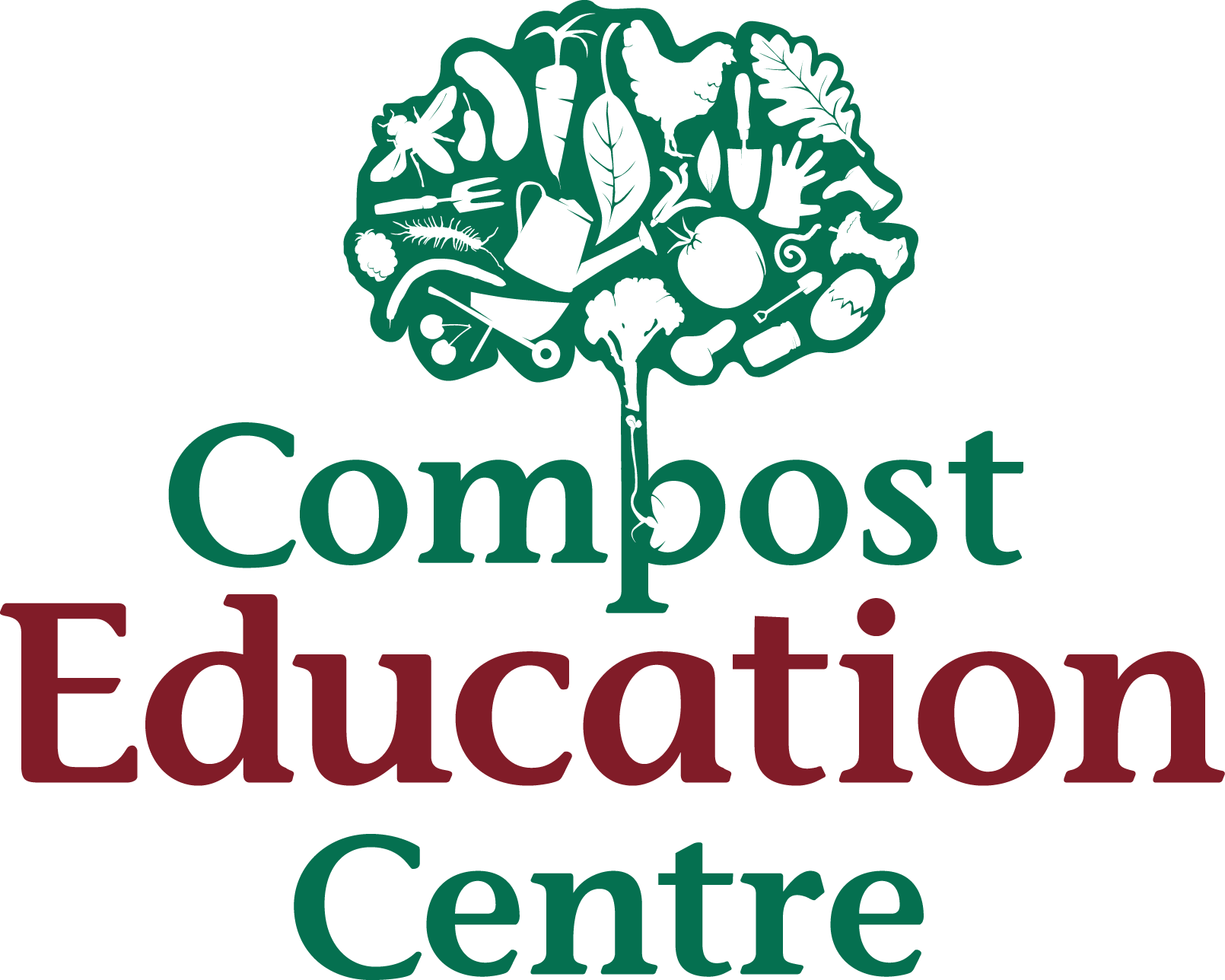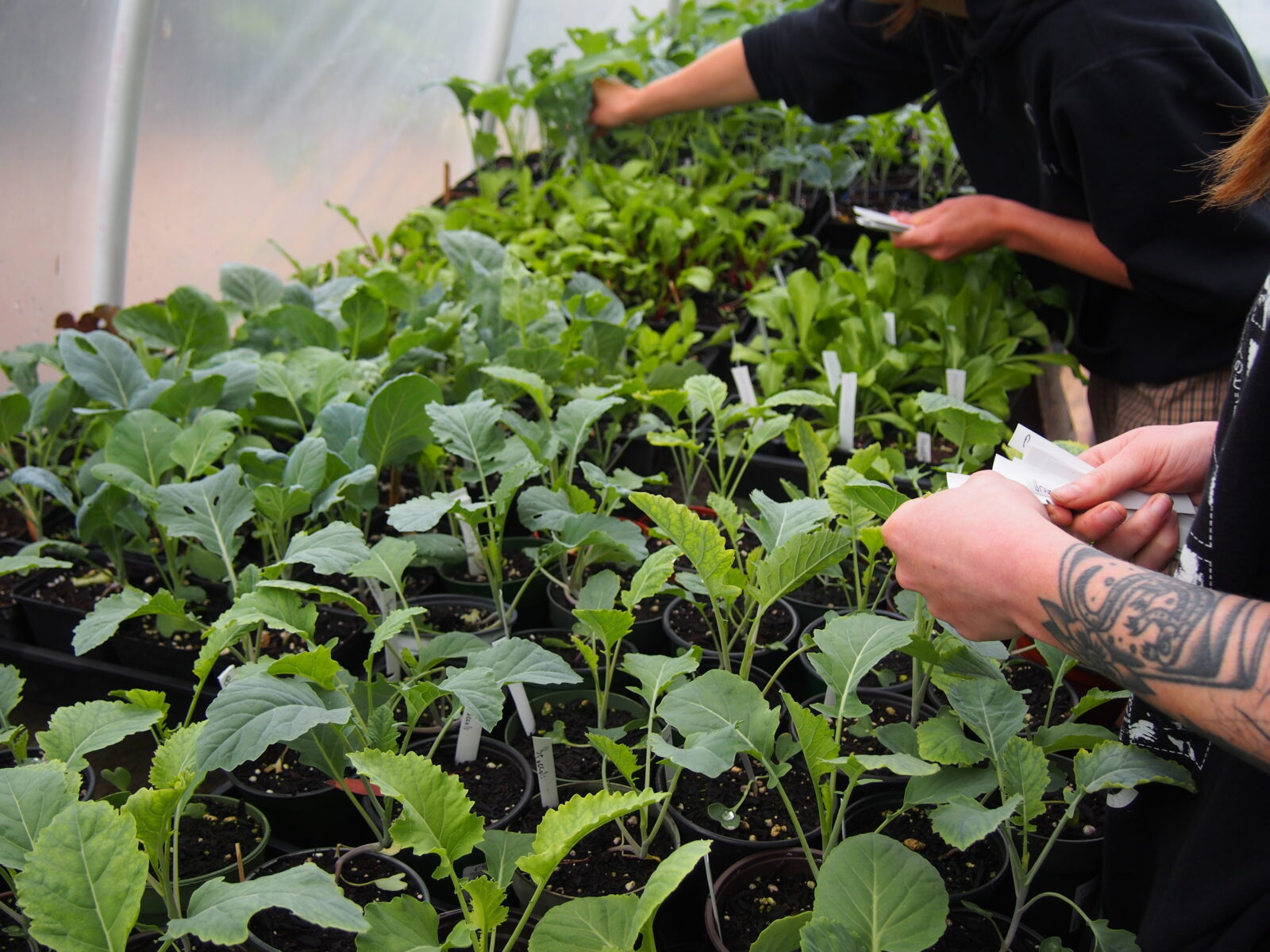
RESOURCES
Factsheets
Curious about composting or organic food growing methods? We’ve got factsheets to cover all of your bases!
-
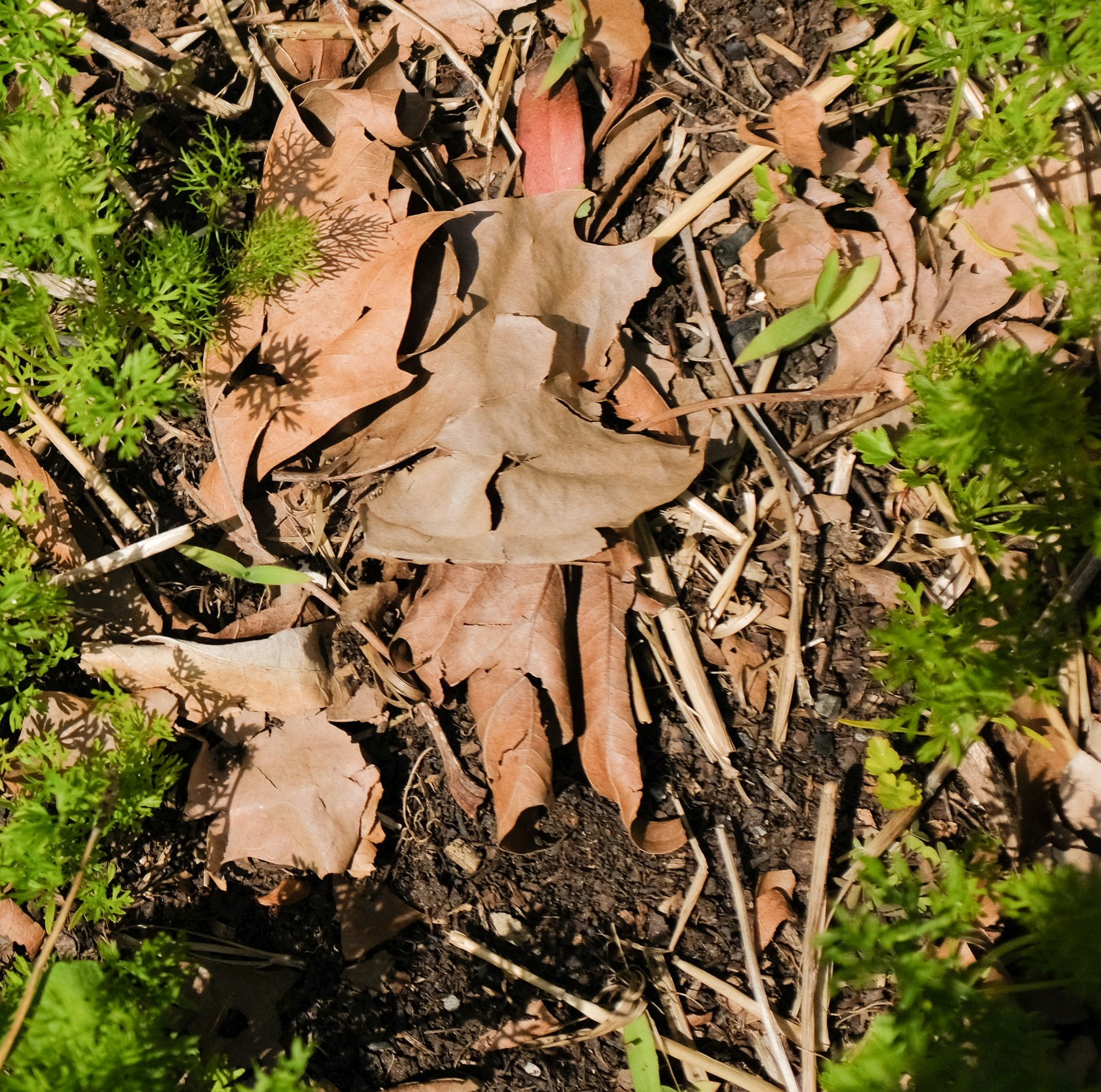
#6 Urban Leaves
Leaves are a gardener’s greatest resource as they be used to greatly improve one’s soil.
-
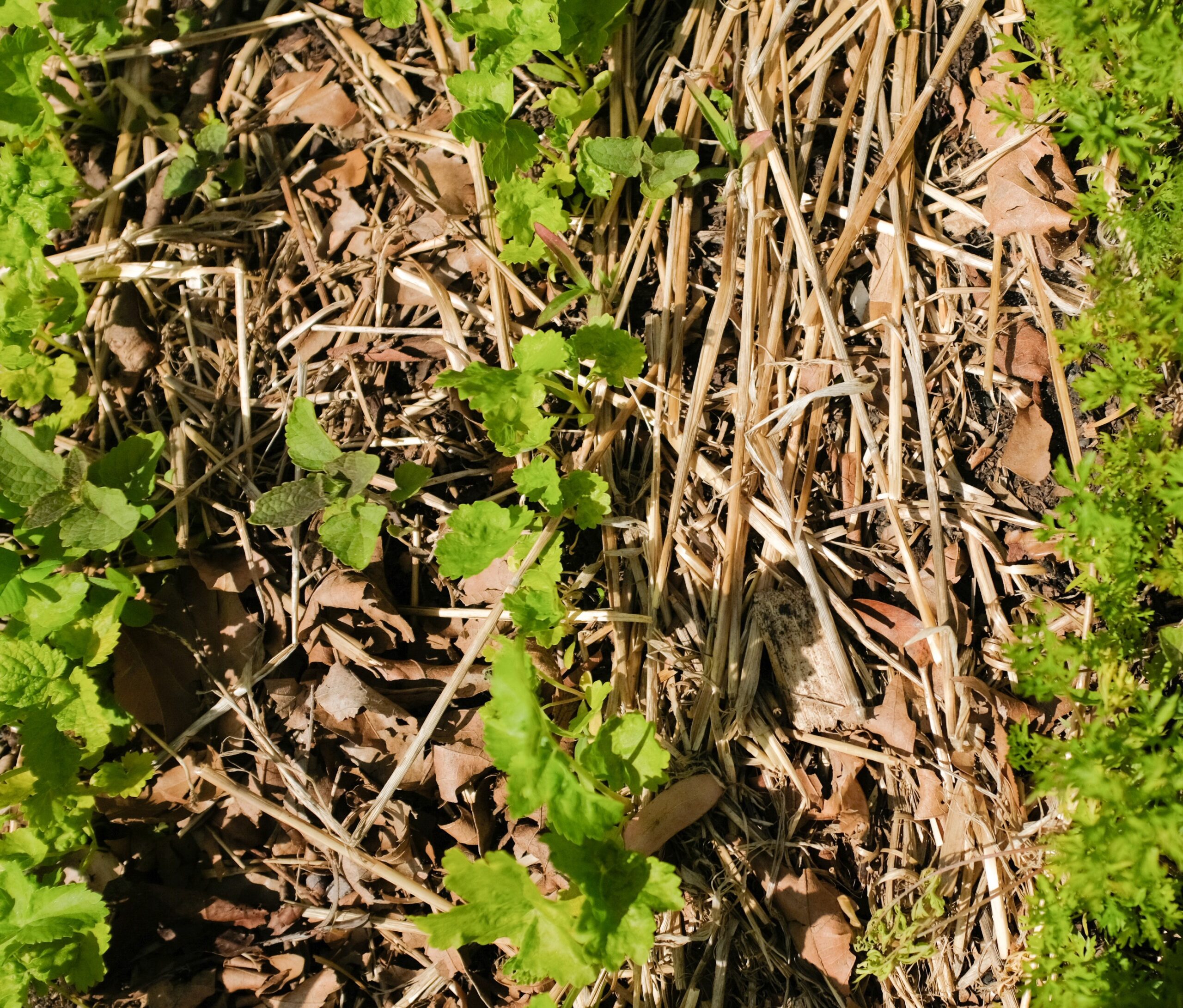
#7 Mulching
Mulch promotes weed and temperature control, replenishes nutrients to plants and microorganisms, and protects soil from rain, erosion and water evaporation.
-
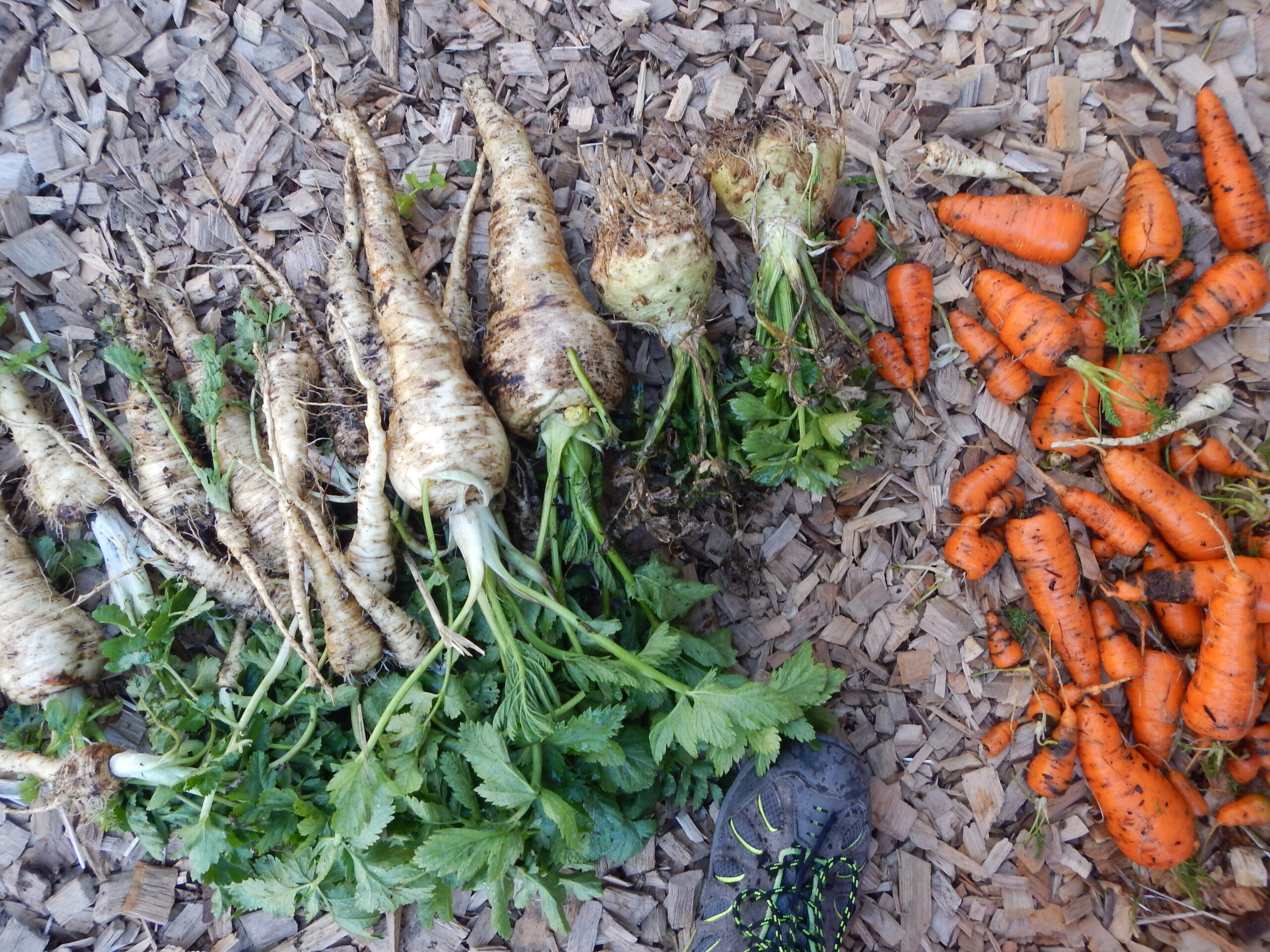
#11 Understanding & Addressing Soil Contamination
Soil contaminants from historical industrial activity may get into or onto our veggies and fruits and have negative health effects over the long term.
-
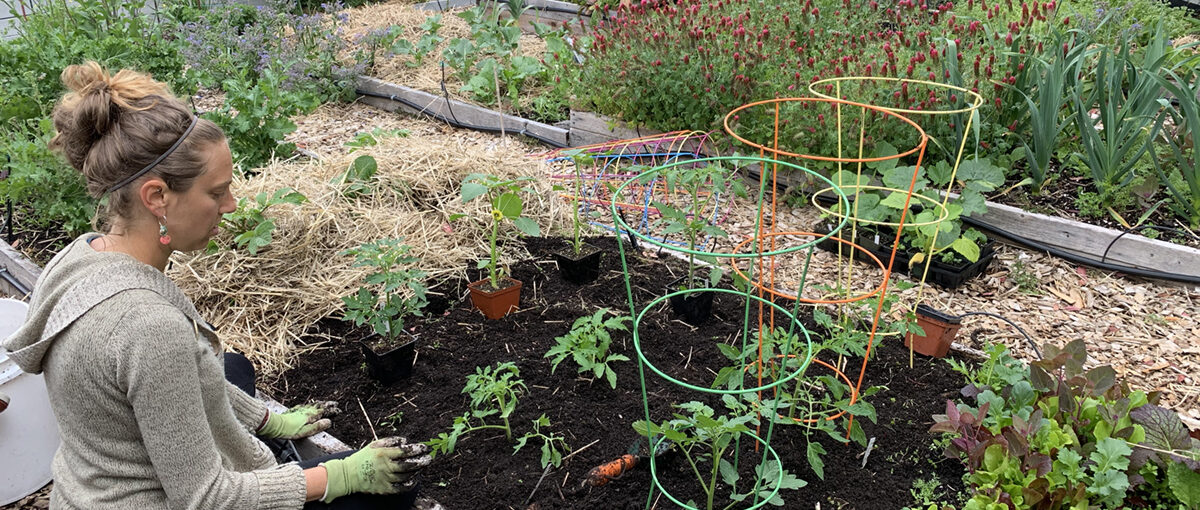
#12 Best Practices for Healthy Urban Gardens
Learn how to avoid contamination of your fruits and veggies.
-
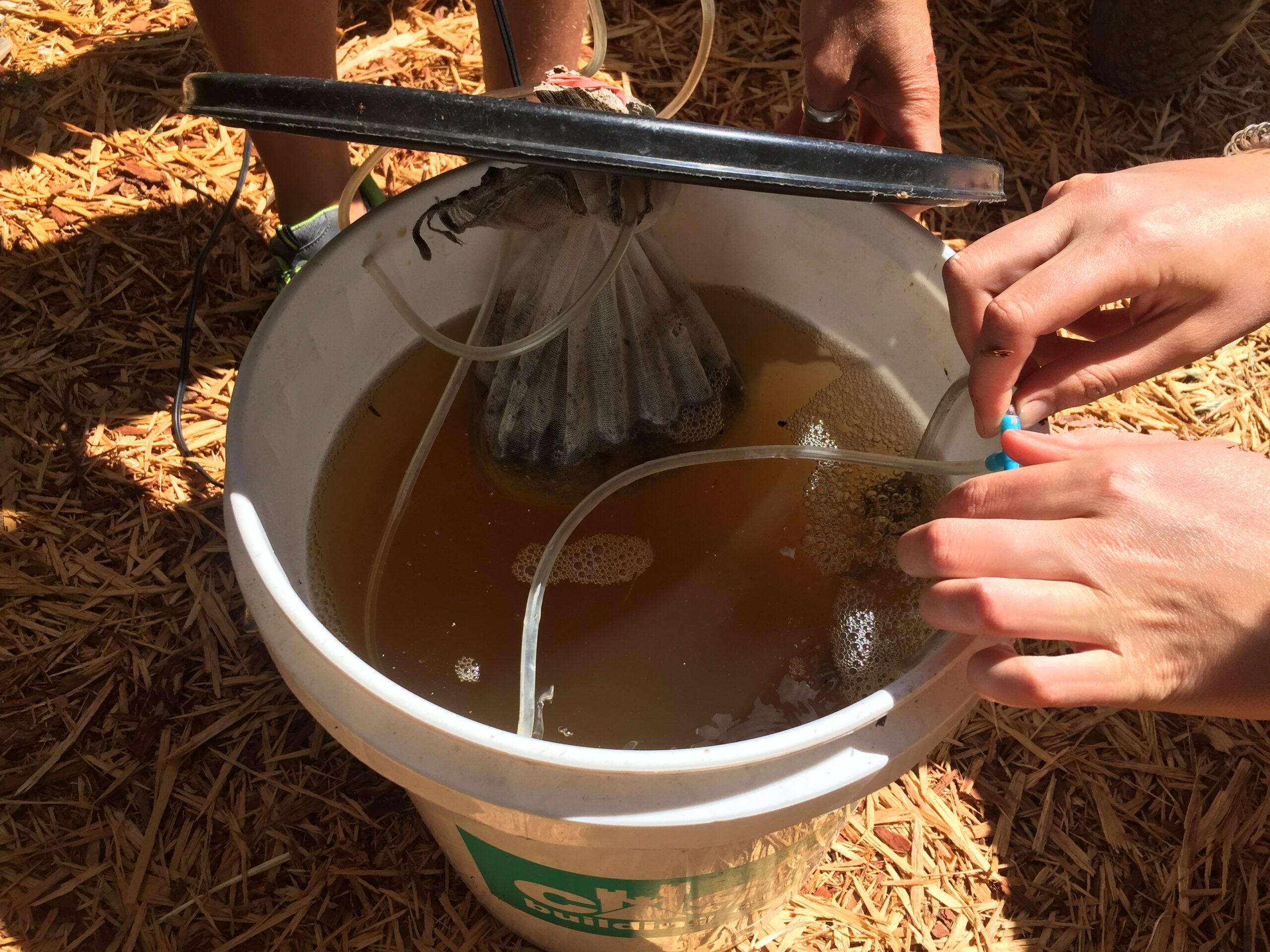
#13 Compost Tea
Compost tea boosts the immune system of your garden via the principles of competition, so that high beneficial microbial populations take up available habitat in the garden and leave no room for pathogens.
-
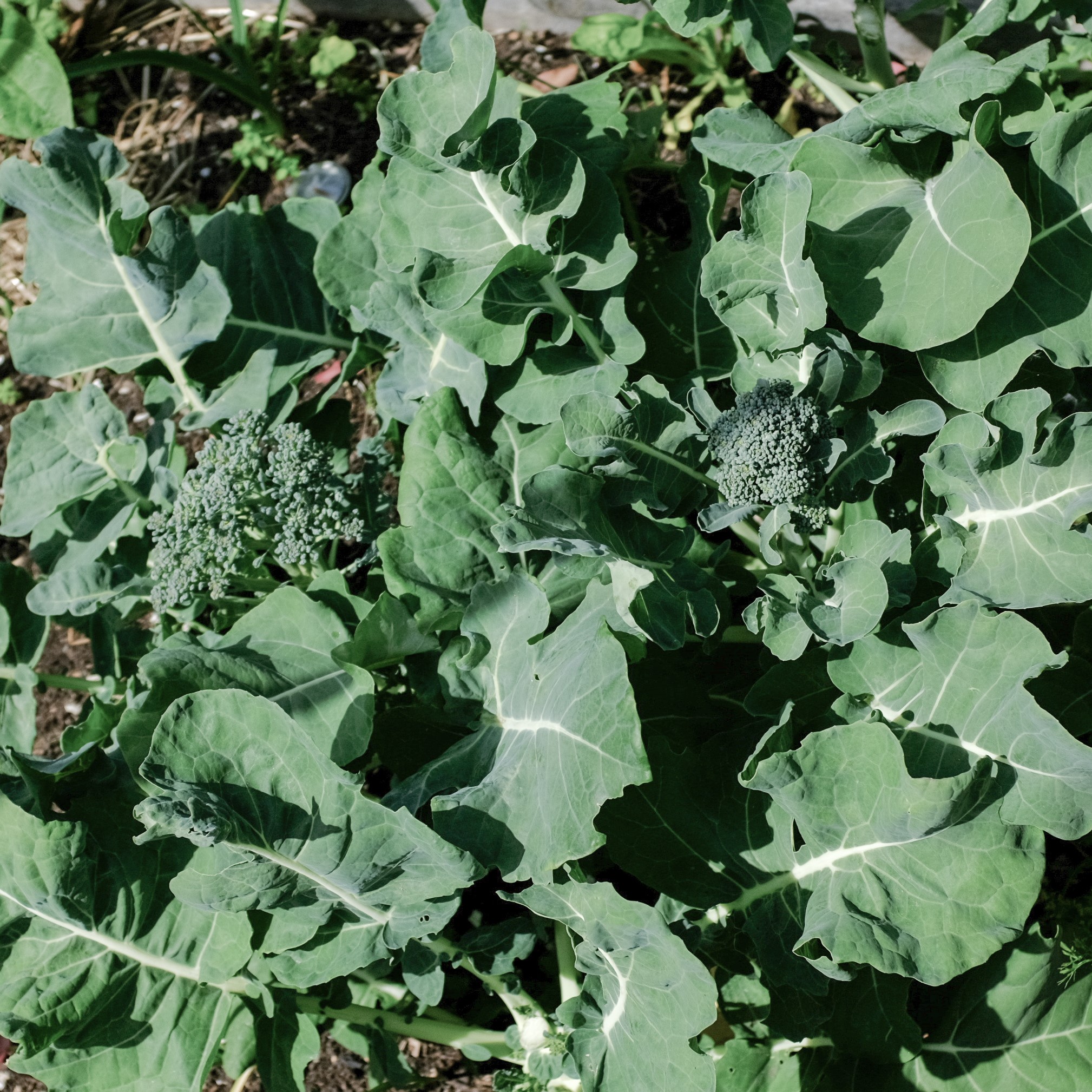
#14 Winter Gardening
Learn how to grow veggies all year-round by seeding in June, harvesting in December and managing your soil so it stays nutrient-rich!
-
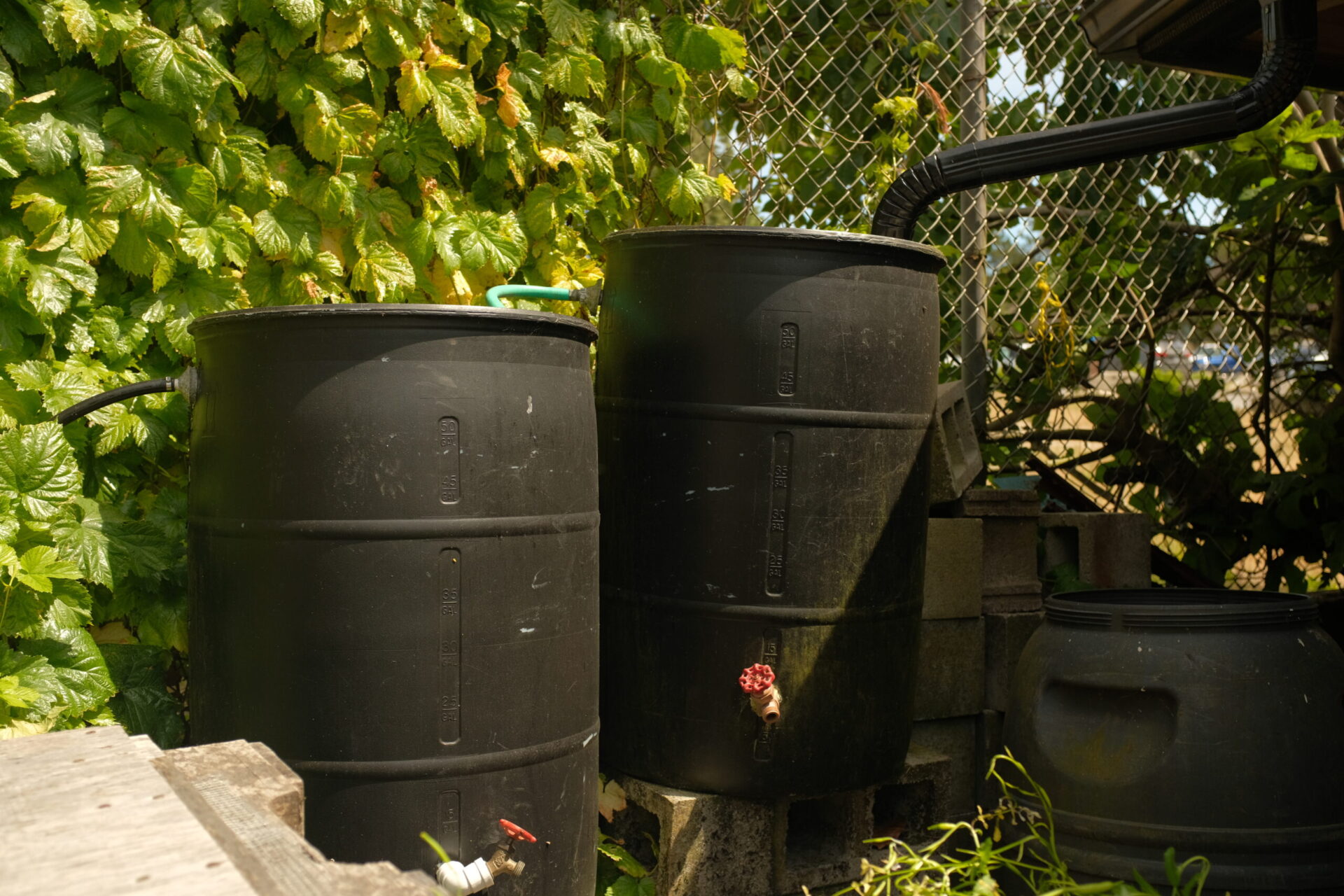
#16 Rainwater Harvesting
Sustainable rainwater collection and storage for use in the home and garden helps urban watersheds mimic the function of natural systems.
-
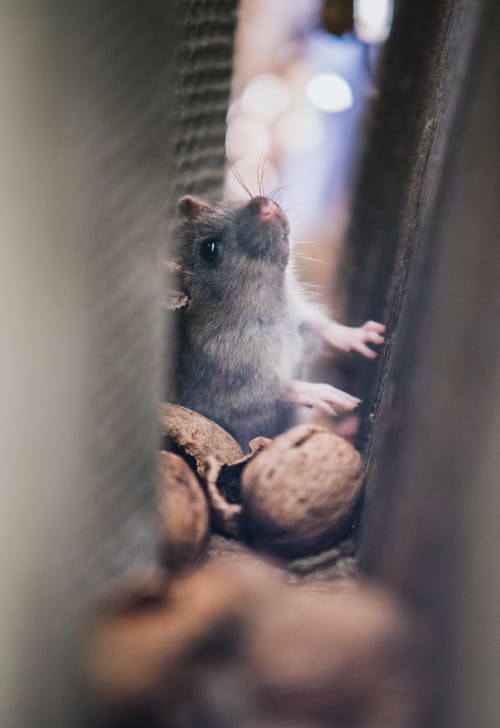
#18 Vermin Resistance
A roadmap to preventing rodents from entering your compost pile.
-
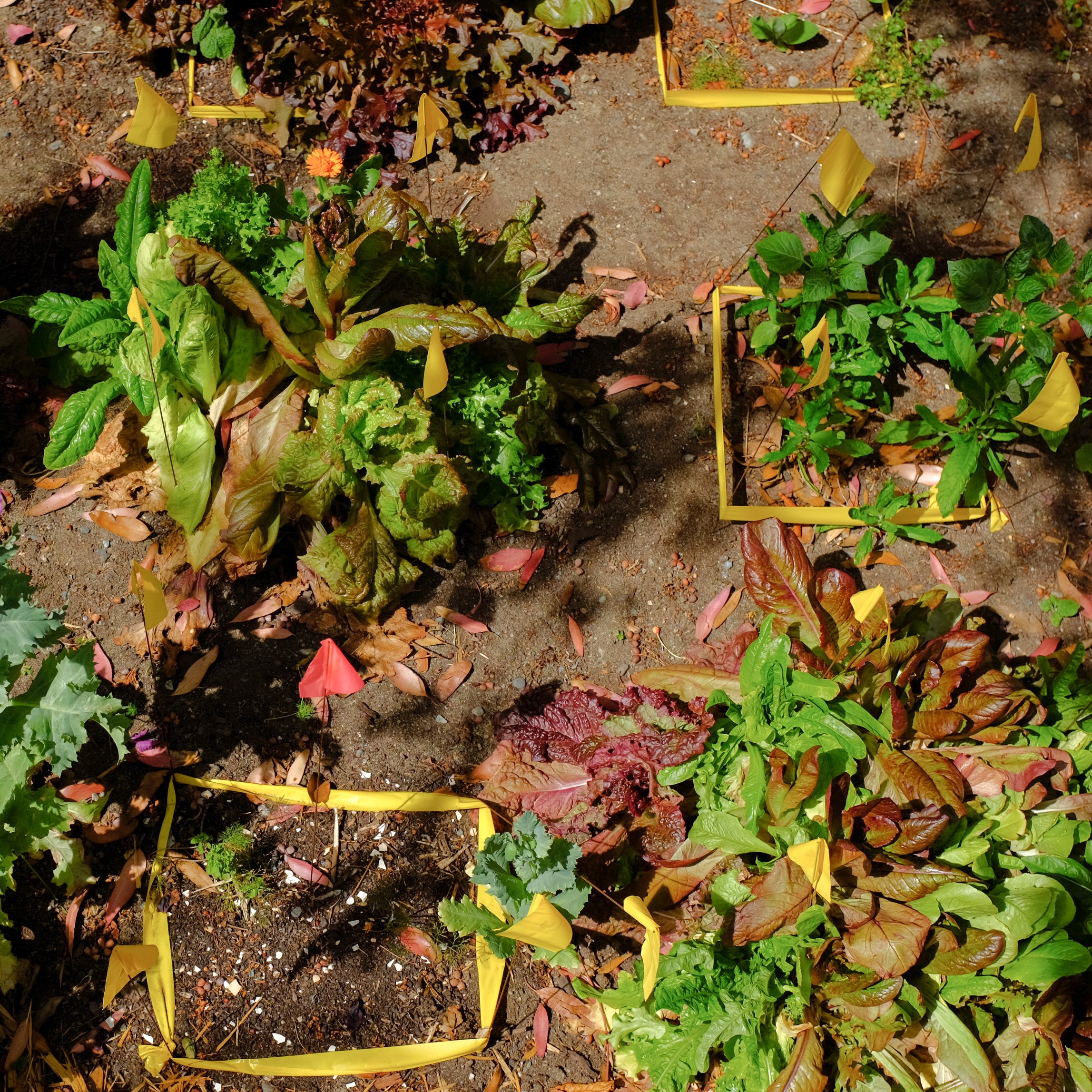
#19 Bioremediation for Urban Gardeners
This Healing City Soils Factsheet offers ways that home-scale food gardeners, small urban farmers and community gardeners can draw on their soil and plant knowledge and skills to remediate soils that are contaminated with low to moderate soil concentrations of heavy metals.
